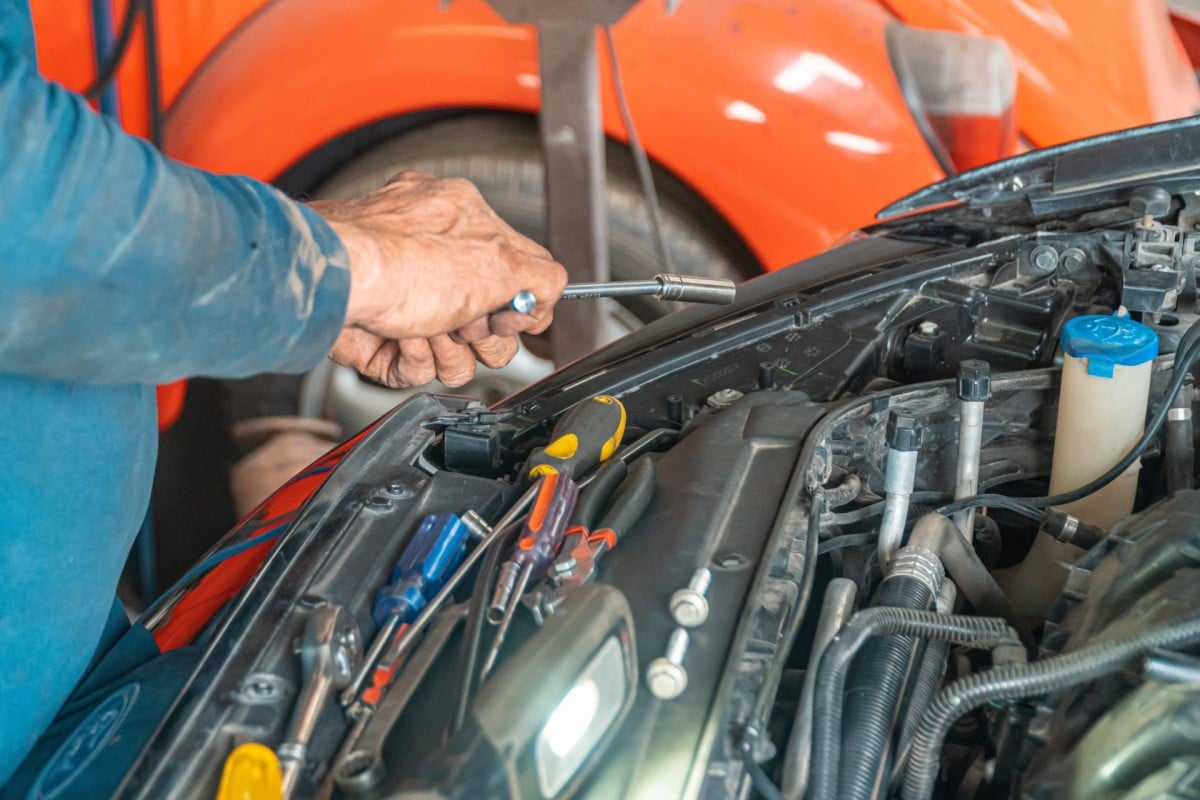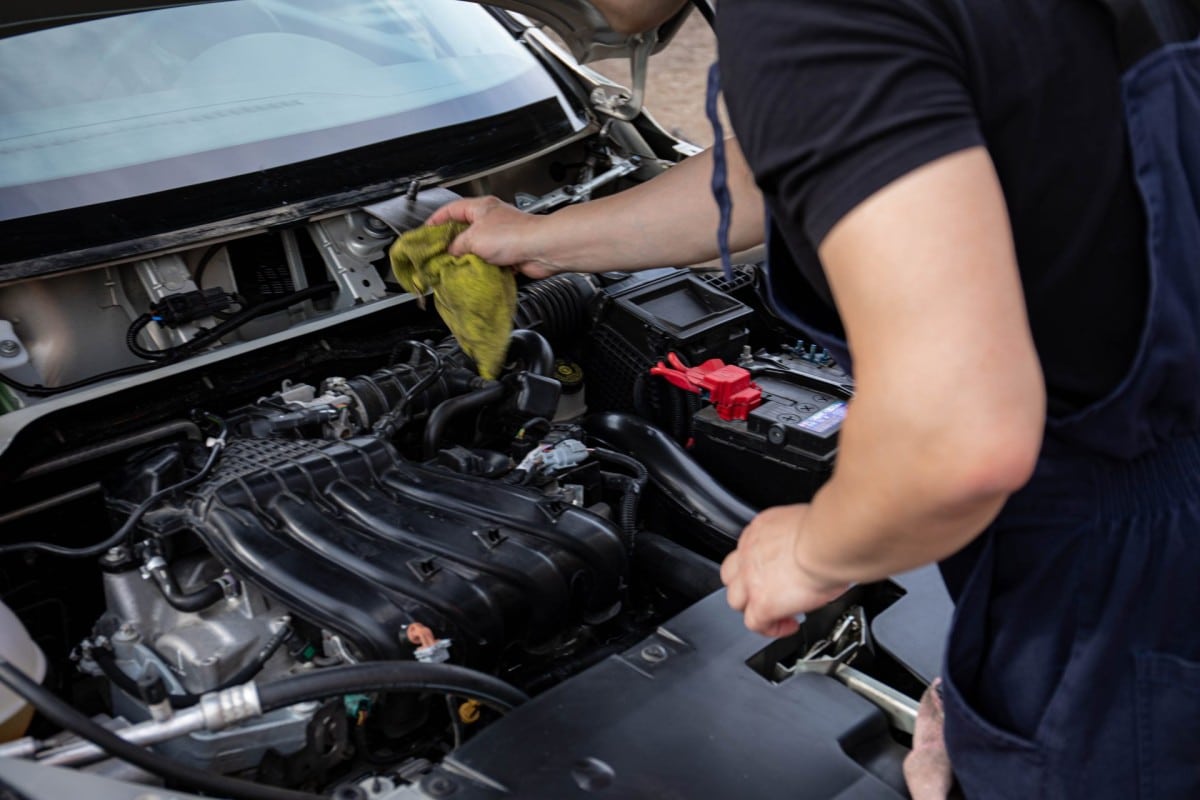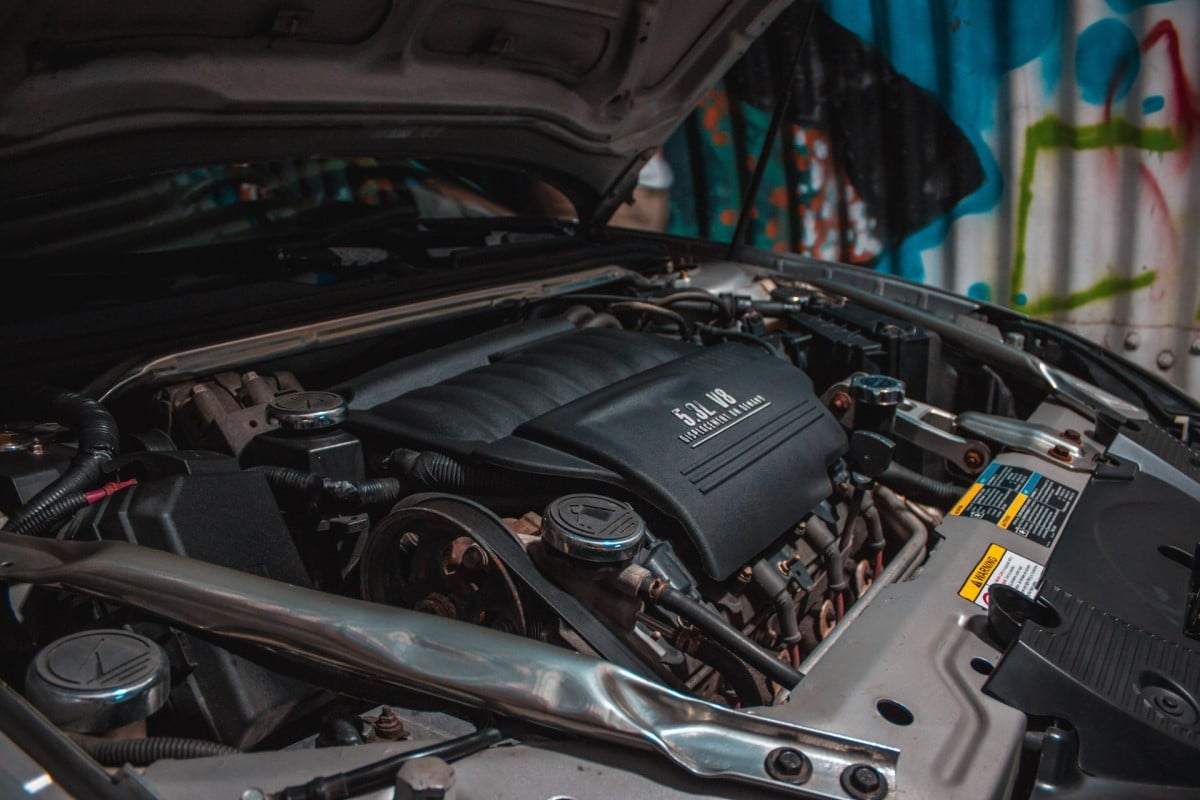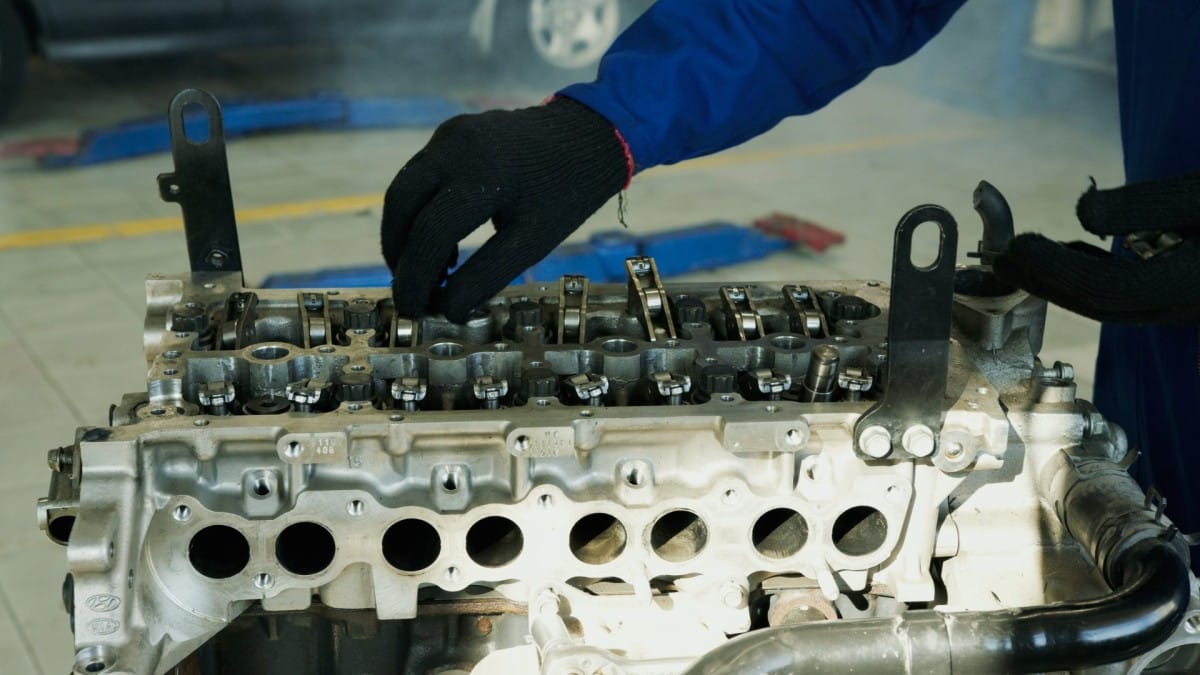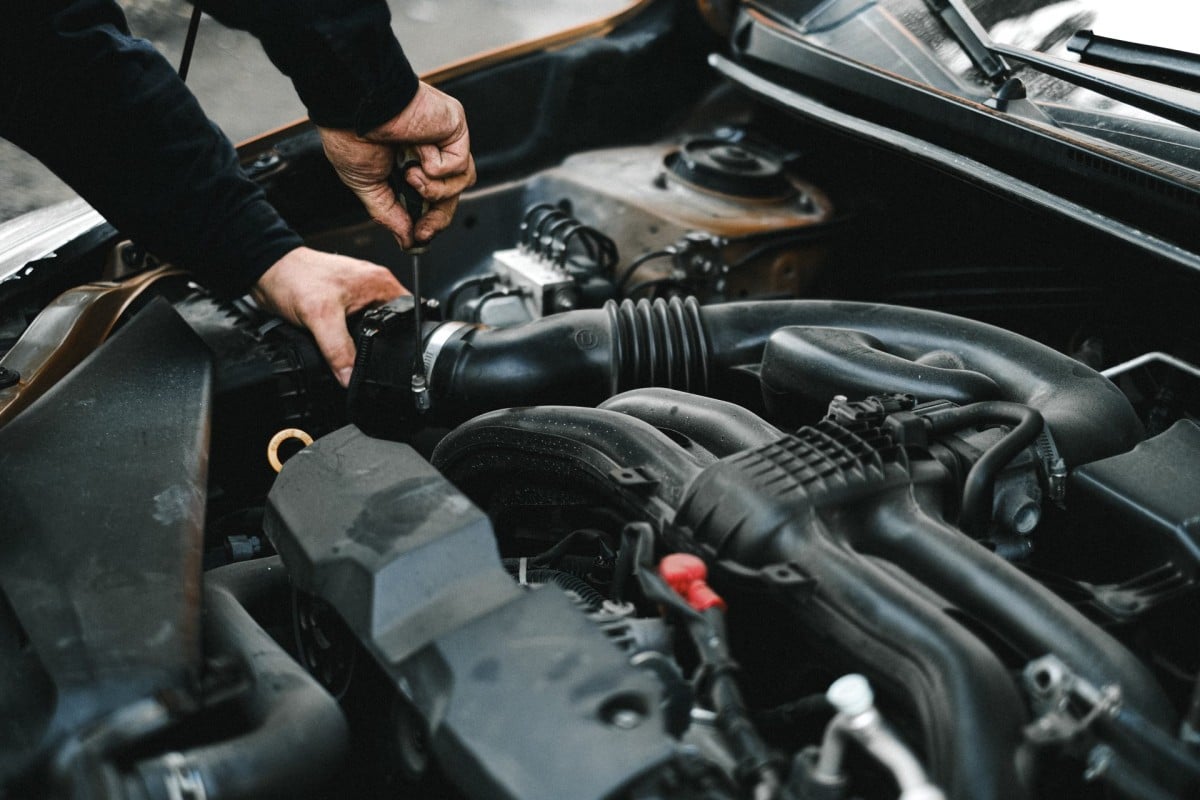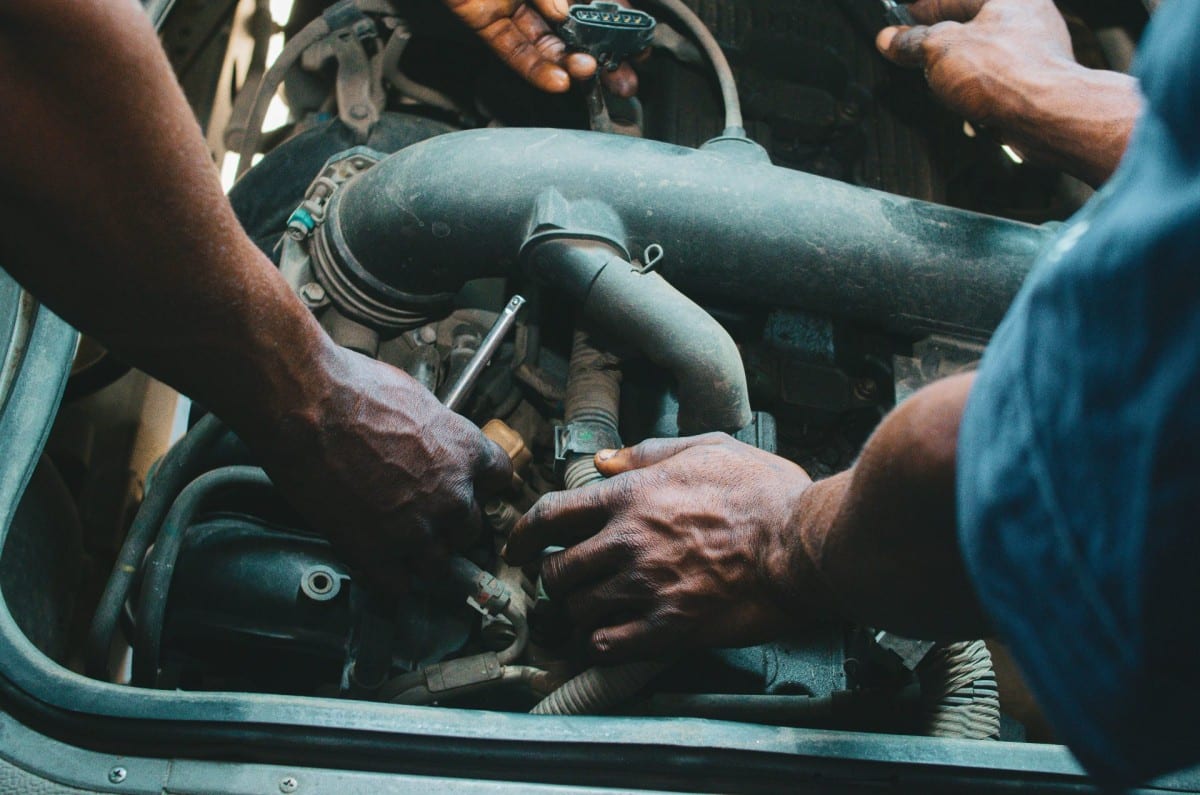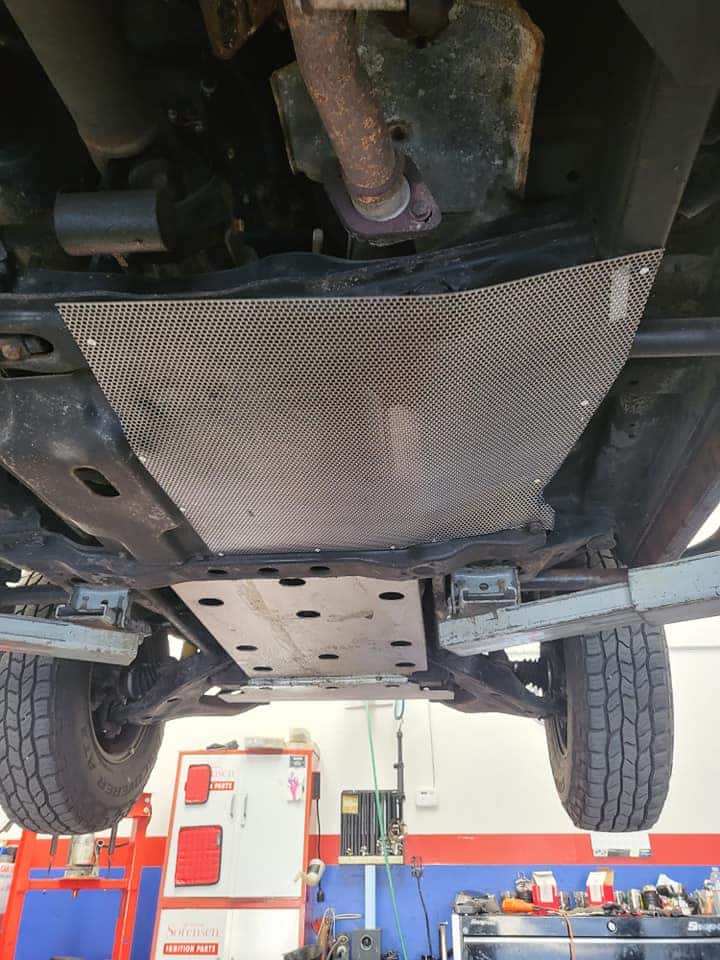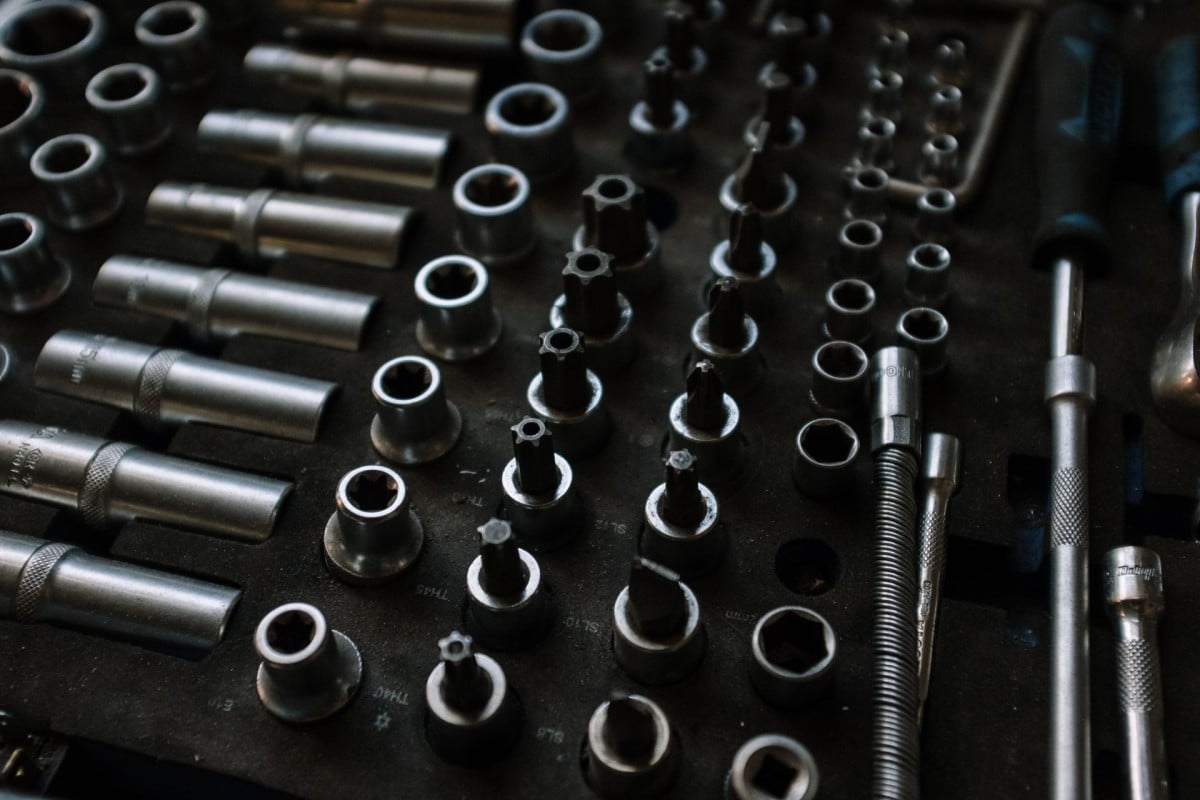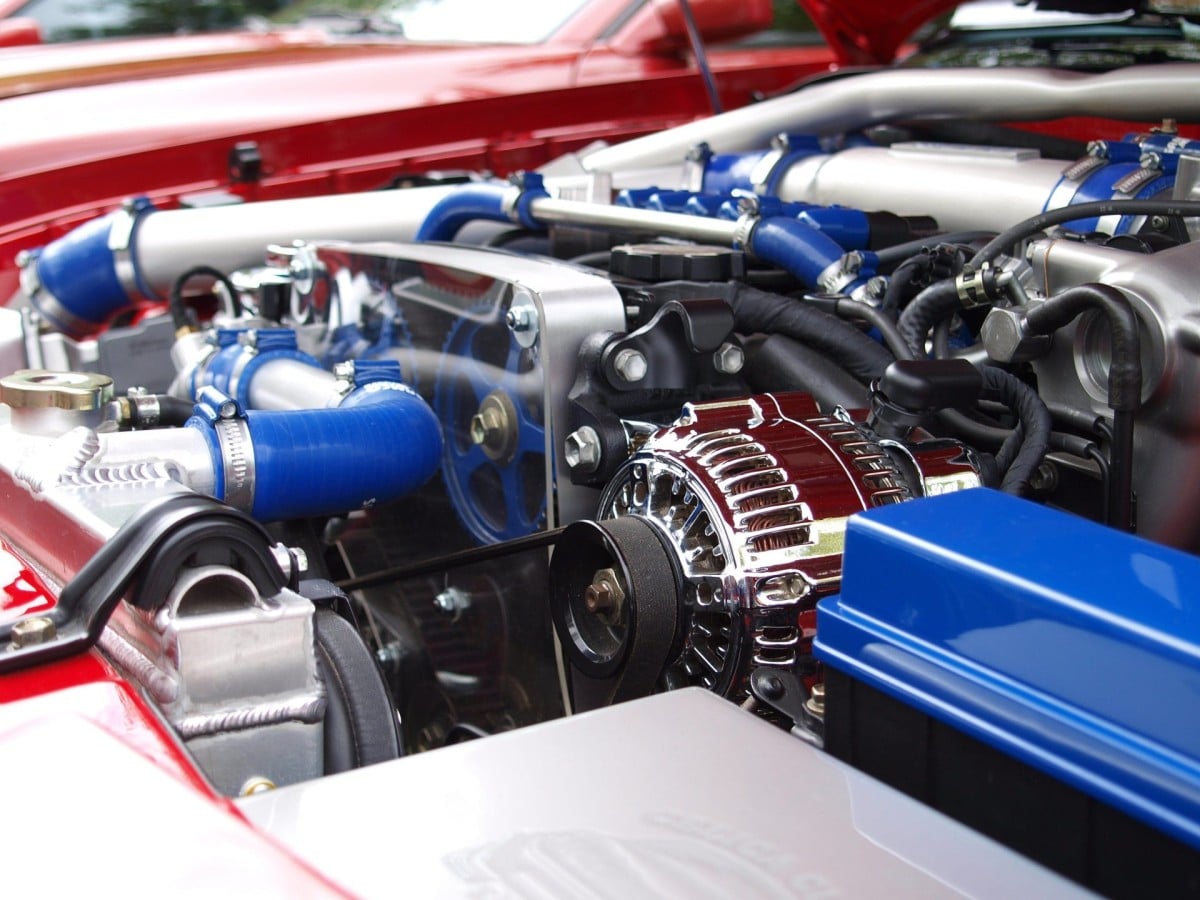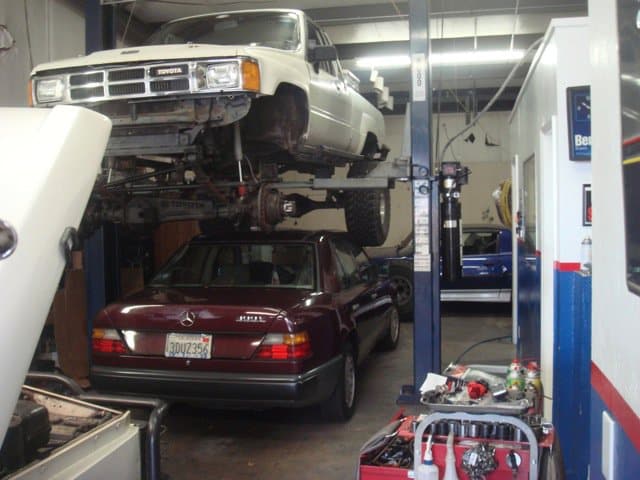Getting the Most Out of Your Gas Tank: It's All About Quality and Timing
Allow me to take you on a little journey. You're cruising down Highway 101, the California sun shining on your car, and you glance at your dashboard. Your fuel gauge needle is dipping dangerously low. Sounds familiar, right? While you can't control the rising gas prices, you do have control over your vehicle's fuel efficiency. And one of the most significant contributors to that efficiency? Quality engine oil and timely oil changes.
How Does Engine Oil Contribute to Fuel Efficiency?
Let me break it down for you. Your engine consists of several moving parts, each requiring lubrication to operate smoothly. Without oil, these parts would create friction, leading to excessive heat. Over time, this heat can damage engine parts and decrease fuel efficiency. So you see, it's not just about your engine not seizing up. It's also about how smoothly you want to get from point A to point B, and how much you want to save on gas expenses.
The Role of Quality Oil
When it comes to engine oil, quality matters. Not all oils are created equal. Some oils maintain their viscosity – that's the fancy term for its flow characteristics – better at higher temperatures. Other oils contain specific additives to prevent sludge buildup and decrease engine wear. All these factors play a critical role in maintaining engine performance and, you guessed it, fuel efficiency.
Example: Synthetic oils, such as those provided by Sartorial Auto Repairs, are engineered to withstand higher temperatures and resist breakdown better than conventional oils. This resistance reduces friction between engine parts, helping your engine run more efficiently and economically.
Timely Oil Changes Tying Into Fuel Efficiency
Now, let's talk timing. Changing your oil is like getting a haircut. You don't wait until your hair is touching your shoulders before getting a trim, right? The same principle applies to your oil. Here's why: Over time, engine oil breaks down and becomes less effective at lubricating. This degradation can lead to increased friction and, consequently, reduced fuel efficiency.
Example: Most automobile manufacturers recommend an oil change every 5,000 to 7,500 miles. However, this can vary depending on your vehicle and driving habits. The team at Sartorial Auto Repairs recommends referring to your vehicle's owner's manual for the most accurate information.
So, there you have it. The secret to maximizing your vehicle's fuel efficiency isn't that secret after all. It's all about using quality engine oil and sticking to your oil change schedule.
The Sartorial Auto Repairs Promise
For those in Sonoma County and the Larkfield-W area, your local professionals at Sartorial Auto Repairs are ready to help you make the most of your gas mileage. With their expert knowledge and commitment to using only quality oil, they offer an unparalleled auto service experience. Don't wait until your gas gauge is on empty before you act. Enhance your vehicle's fuel efficiency today with their expert oil change services.
When it comes to your vehicle's performance and your wallet's well-being, Sartorial Auto Repairs is the partner you need. Give them a call, schedule an appointment, and start saving at the pump today.


